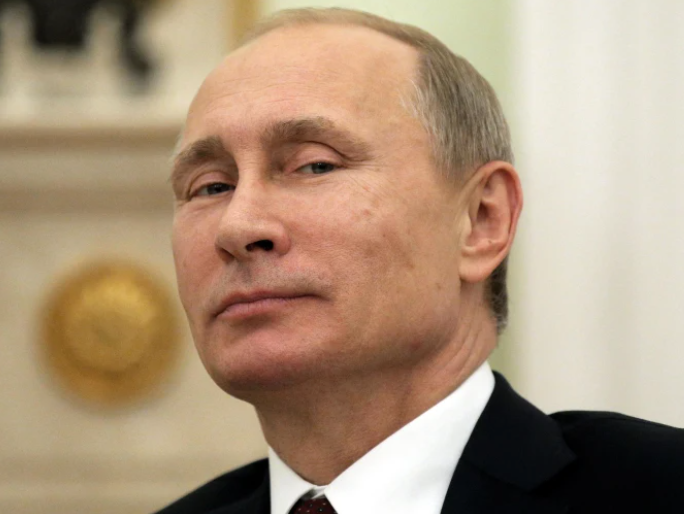$LUKOY $XOM $BTC
#Russia #CrudeOil #Sanctions #OilRefining #EnergyMarket #Gazprom #Surgutneftgas #OPEC #FuelExports #GlobalTrade #OilPrices #EnergyIndustry
Russian refineries have ramped up their crude oil processing activities as Moscow explores ways to counteract the effects of fresh U.S. sanctions targeting its energy sector. The latest sanctions, introduced by the Biden administration, take direct aim at two key Russian oil giants: Surgutneftgas and Gazprom Neft. These companies together account for approximately 25% of Russian oil exports, shipping an impressive average of 970,000 barrels per day in 2024. Industry insiders indicate that this policy shift has driven Russian refiners to prioritize crude processing at an accelerated pace in order to monetize oil resources and boost fuel exports, even as Western buyers shy away. A source familiar with the Russian energy sector underscored the urgency of the situation, saying, “We have to utilize oil processing as much as we can in order to use [the sanctioned] oil.”
The sanctions targeting Surgutneftgas and Gazprom Neft are expected to have ripple effects across the global energy market. Designed to choke off Russia’s revenue streams, they may also disrupt crude supply chains and introduce volatility in oil prices. As middlemen who previously facilitated Russian oil transactions now refrain from offering cargoes amid the heightened scrutiny, analysts are watching closely to see how these measures exacerbate existing market imbalances. European nations and the United States are already grappling with elevated energy prices, and should Russia further redirect its focus to Asian markets like China and India, Western countries could see tighter supply constraints. Oil benchmarks such as Brent Crude and West Texas Intermediate (WTI) face the prospect of price spikes as a result of these evolving geopolitical tensions.
In financial markets, energy stocks with exposure to Russian crude could experience increased volatility, while competitors in other regions may seize the opportunity to expand their market share. International oil giants like ExxonMobil ($XOM) may benefit from potential supply gaps, while Russian oil-linked companies like LUKOIL ($LUKOY) are under pressure to adapt to shrinking Western collaborations. Beyond equities, the sanctions add complexity to the broader asset class landscape, particularly commodities and energy-focused exchange-traded funds. Meanwhile, secondary effects on crypto markets like Bitcoin ($BTC) could emerge in countries dependent on Russian energy exports, as rising energy costs may spur alternative investments.
Overall, this development underscores the fragile equilibrium in the global energy economy as governments and corporations navigate a rapidly evolving environment. The expansion of Russian refining capacity reflects a short-term tactical response but also raises long-term questions about the sustainability of its energy strategy under sanctions. Whether Moscow can maintain this heightened level of crude processing remains to be seen, especially as logistical and operational challenges mount. For now, market participants and policymakers alike are bracing for heightened uncertainty as the sanctions ripple across markets.











Comments are closed.